A week on Spice Island: Baraza Resort & Spa Zanzibar
Just miles from the Tanzanian coast, this Arab-influenced archipelago of sand, sea and history makes for the ideal year-round destination
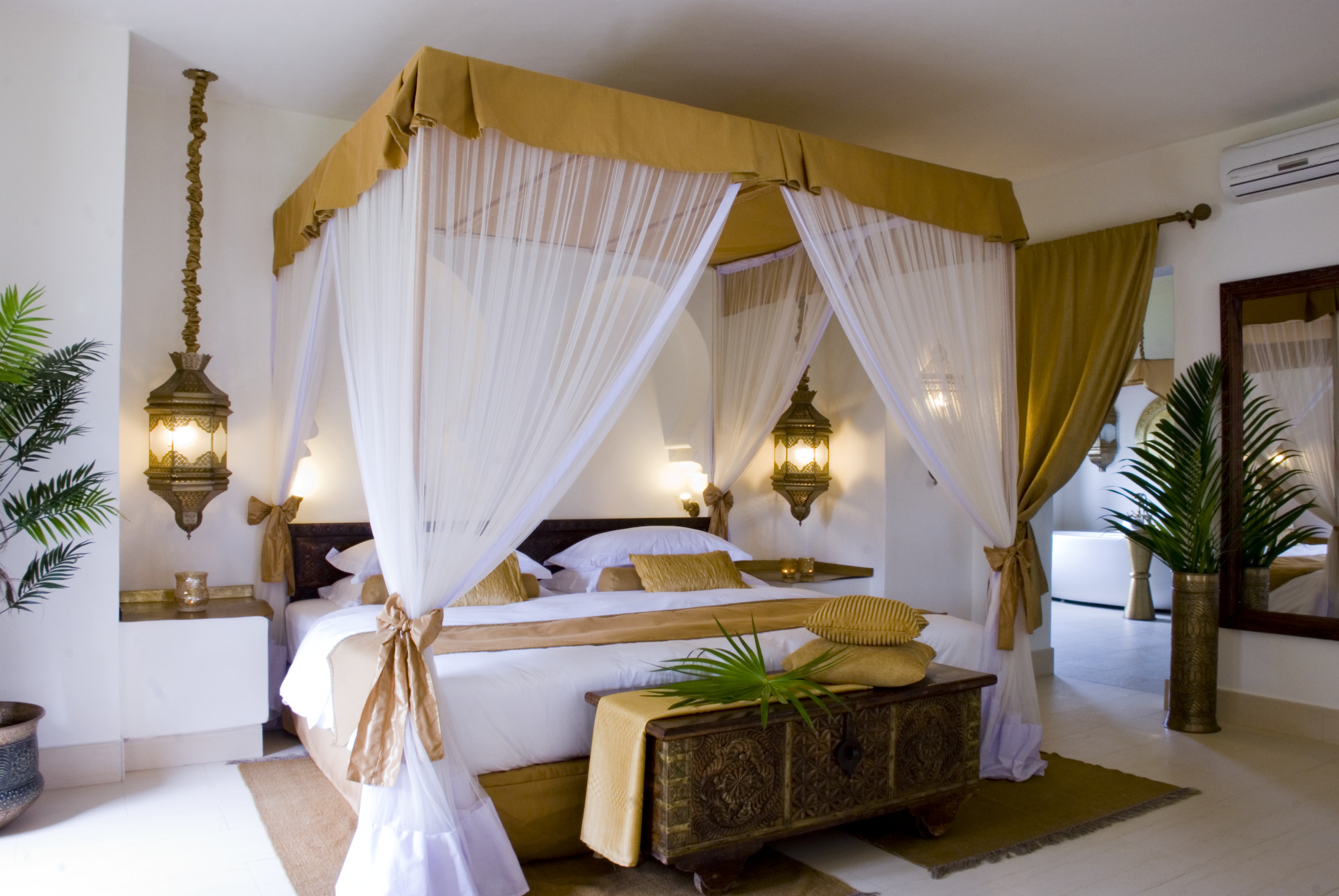
A free daily email with the biggest news stories of the day – and the best features from TheWeek.com
You are now subscribed
Your newsletter sign-up was successful
Chills of awe, excitement and - to be honest - apprehension run through me as we soar over the snow-capped peak of Mount Kilimanjaro, not so much peeking through the clouds as looming above them.
While I had slept peacefully on our first flight, from London Heathrow to Nairobi on Kenya Airways, pure adrenaline was keeping me awake on our brief connecting flight down to Stone Town, Zanzibar. In all my years of travel I have rarely felt so thrillingly out of my element as I did here, soaring above verdant game reserves and arid East African grasslands that popped with vibrant greens and browns.
Despite knowing that we had crossed the equator, I still felt a jolt of surprise as the door opened to an explosion of heat and humidity - not a bad contrast after having taken off on a miserable rain-soaked November evening in London.
The Week
Escape your echo chamber. Get the facts behind the news, plus analysis from multiple perspectives.

Sign up for The Week's Free Newsletters
From our morning news briefing to a weekly Good News Newsletter, get the best of The Week delivered directly to your inbox.
From our morning news briefing to a weekly Good News Newsletter, get the best of The Week delivered directly to your inbox.
I had been invited to this far-flung corner of Africa to undertake the enviable task of visiting the fabulous Baraza Resort and Spa, one of four hotels that make up The Zanzibar Collection, a group of resorts boasting a rather spectacular setting on the Michamvi Peninsula, the eastern edge of the Zanzibar archipelago’s largest and most populous island, referred to alternately as Unguja or simply Zanzibar Island.
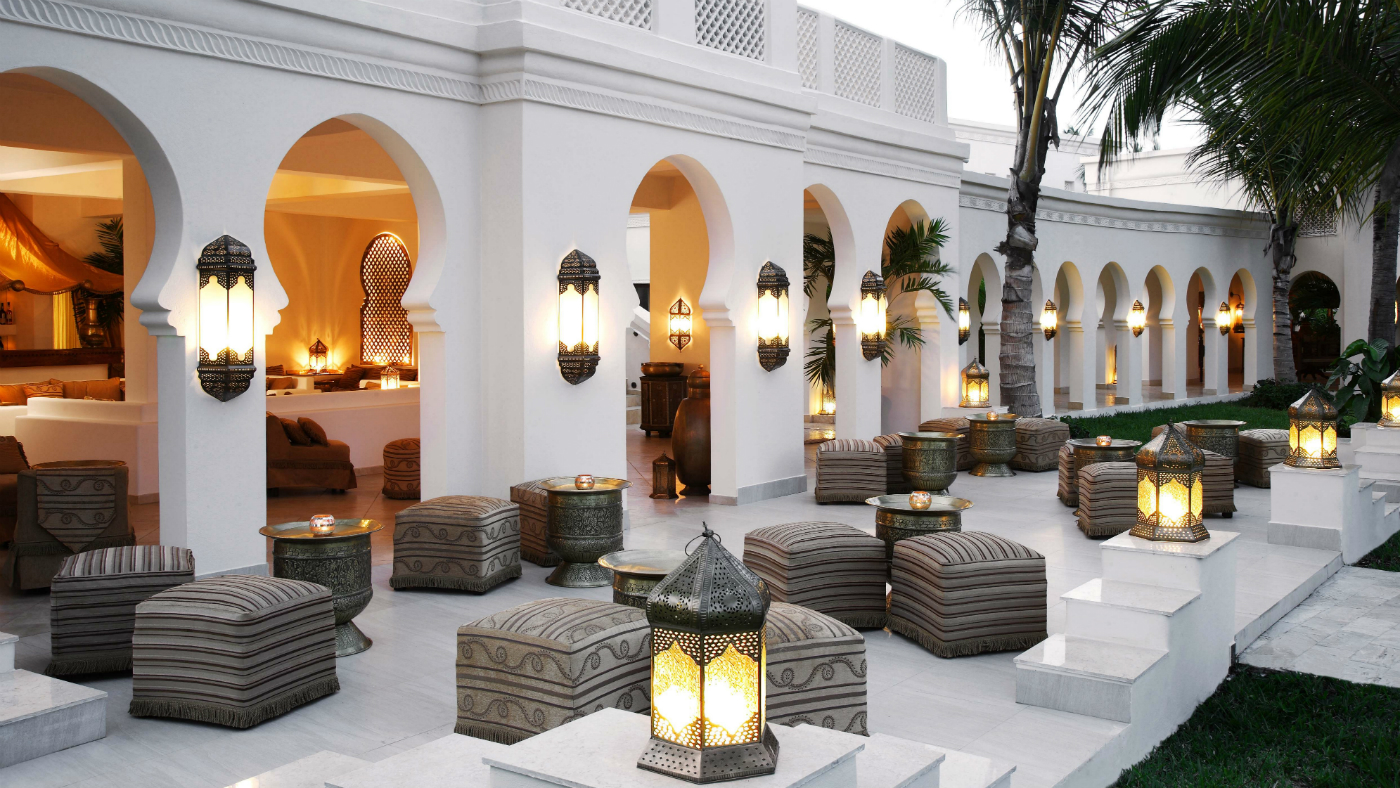
On the hour-long drive from the aiport to Baraza near the tiny hamlet of Bwejuu, we whizzed past markets bursting with life, epic tundra, dense jungle and even traversed a few designated monkey crossings in the road. But upon strolling through the hotel’s tasteful Omani-style arches, we were greeted by a very different sight: a stepped garden blanketed in explosively colourful flower beds, a pool nestled in the shadow of towering palm trees and, just few metres beyond, a beachscape so arresting it could be an Instagram photo made flesh.
As the sun rose over the Indian Ocean, we watched as crabs scuttled from the emerging shade of one palm tree to the next along an endless stretch of fine white sand bleeding into water flecked with dots of rainbow-coloured coral poking up from below.

The hotels of the Zanzibar Collection exhibit an intriguing mix of styles and atmospheres inspired by eras of the island’s history, the whole forming an aesthertic narrative of the history of Zanzibar.
A free daily email with the biggest news stories of the day – and the best features from TheWeek.com
Baraza is perhaps the most sytlistically bombastic of the four, emulating the Sultanate era of Zanzibar, the 250-year period of Omani rule which ended in 1964. The resort is comprised of 30 private villas, including some just 20m from the warm waters of the Indian Ocean.
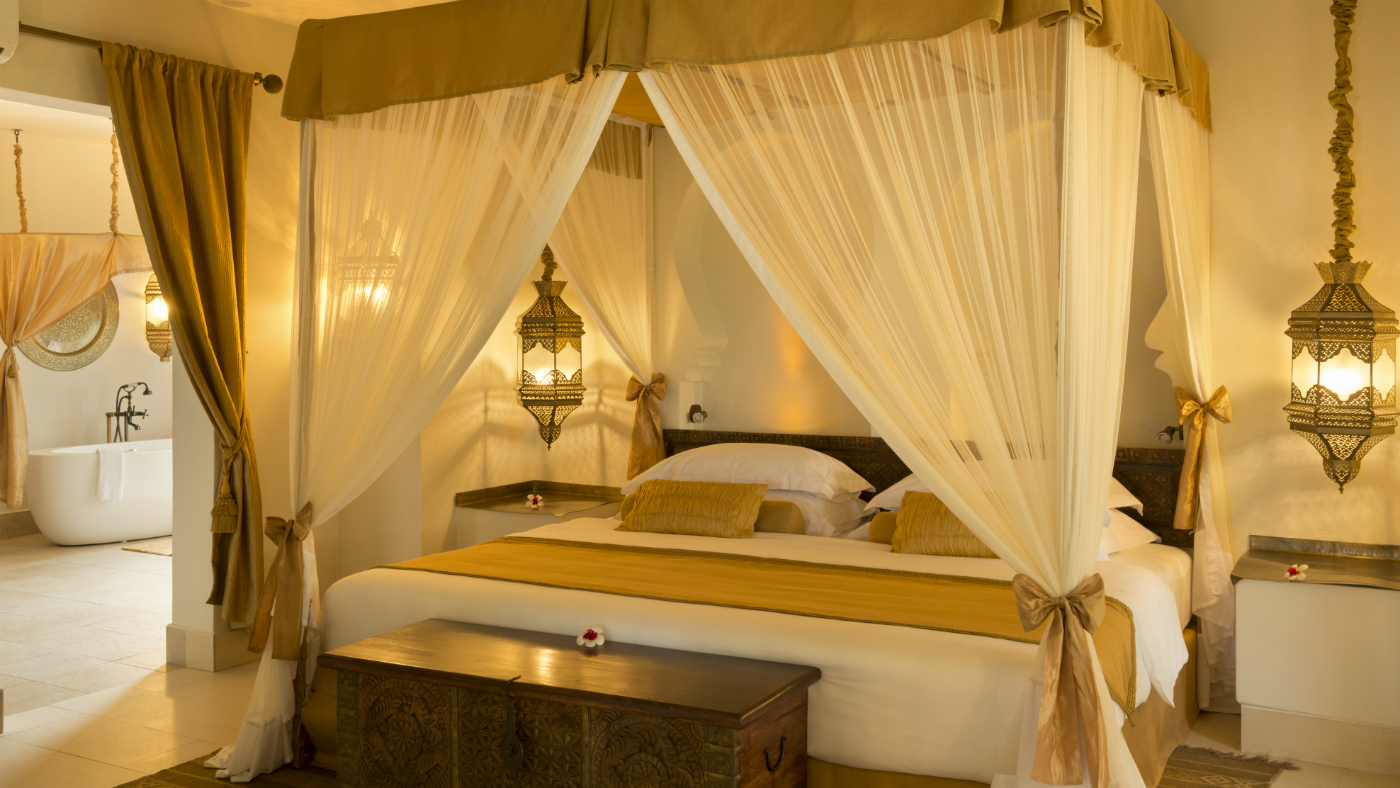
Mine includes a private garden and pool, two double bedrooms, a living room and an enormous bathroom, the centrepiece of which is a gorgeous egg-shaped bathtub.
During downtime at the resort, I found it hard to envisage doing anything beyond indulging in a pot of spicy masala chai, a traditional delicacy of the island, while dangling my feet in the sun-warmed pool. But for the more adventurous, the resort boasts a wealth of activities available to all guests at almost all times. For those enticed by the warm shallows, snorkeling equipment, reef shoes, pedal boats and both solo and tandem kayaks are all on hand; while sailing, kite surfing and windsurfing are available for those who wish to venture beyond the coral ridge out to the open ocean.
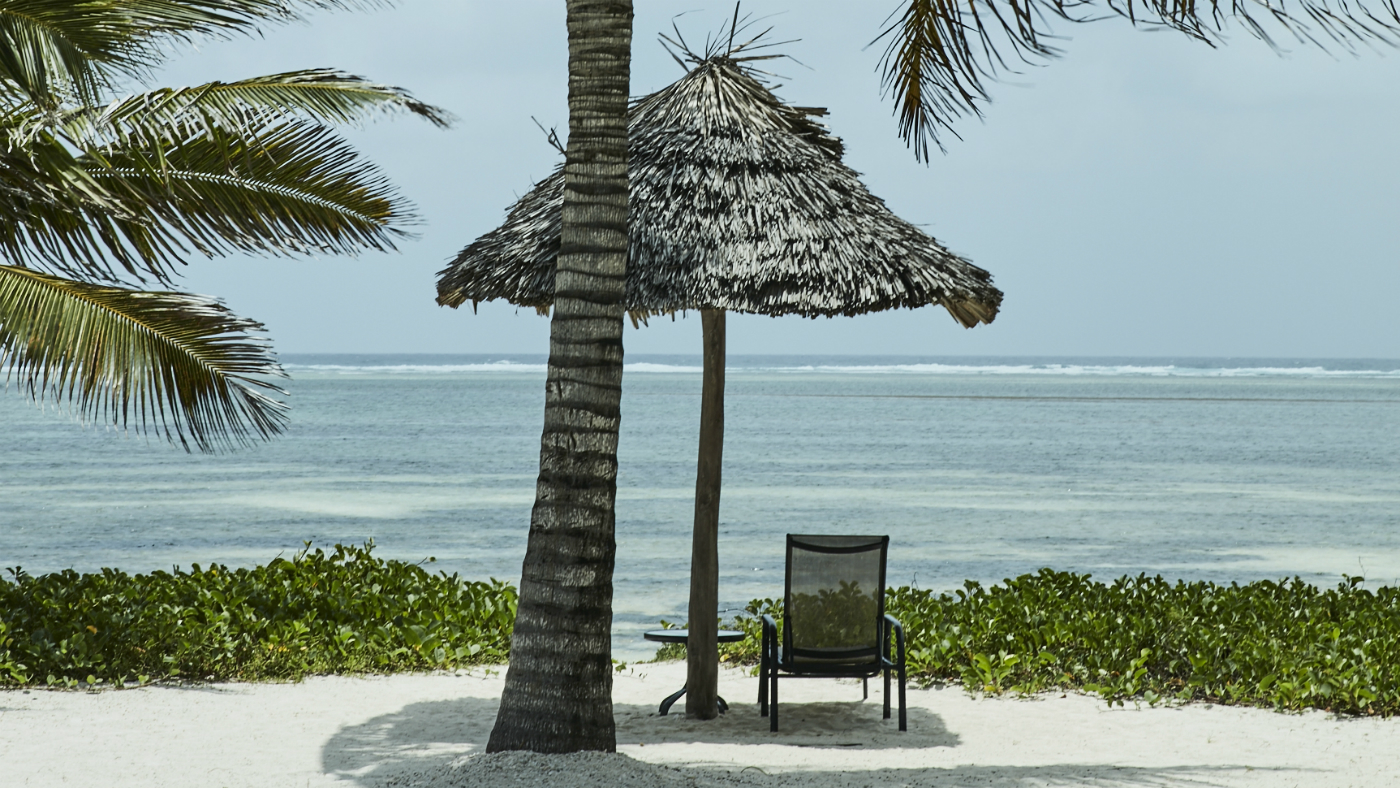
But for something more indulgent, the site’s opulent Frangipani Spa offers a range of treatments and specialised massages - the mood set by gentle Swahili-inspired incense and ornate tea lamps - while those looking to hone their yoga skills should procure the services of Baraza’s very own smiling yogi Sree, whose no-nonsense approach gives a round of Hatha yoga an effective and energising edge.
Each night, once the orange sun dipped below the horizon, giving way to stunningly bright moonrise over the water, we would be called to one of the resort’s two main eateries. If we found ourselves amid the minimalist laid-back charms of Livingstone Terrace, named for the famed Scottish explorer who once called the island home, we were invited to pick from an array of succulent meat delicacies such as beef tenderloin with truffle-infused potato souffle or slow-cooked lamb, or something more marine in the form of prawns grilled to perfection.
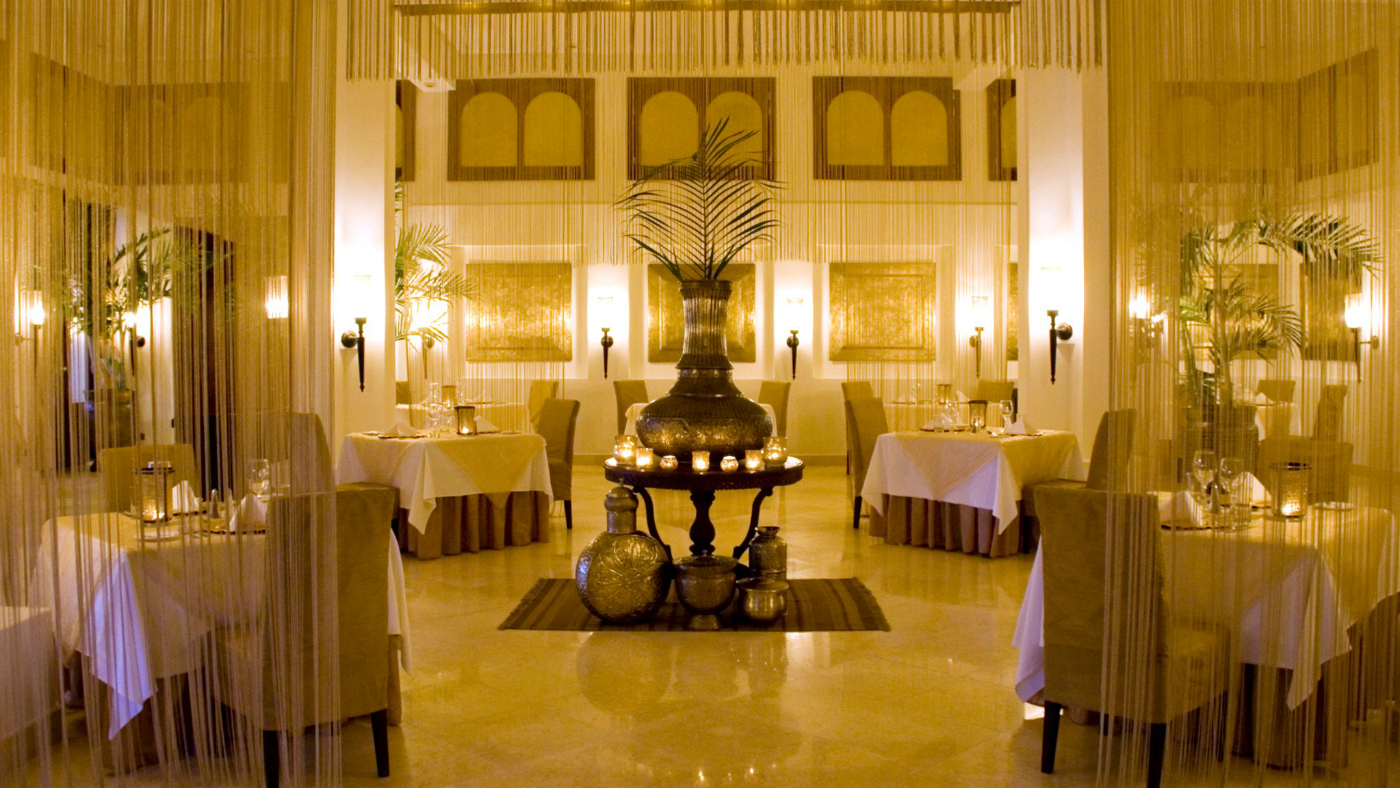
But across the grass at The Sultans Dining Room, things are a little different. Set within a space shimmering with palatial amounts of gold, this restaurant - the more formal of the two - is a culinary powerhouse, conjuring up dishes conjured from first-class local produce and presented with the aesthetic finesse of Parisian haute cuisine.
The undoubted highlight here was a spectacularly tender rare yellowfin tuna steak, served with just a touch of garlic butter to let the natural richness of the fish shine, although a stonking paneer masala two nights later give it a run for its money.
One morning, a fellow journalist and I set our alarms for 4:30am to take in one of Zanzibar’s famous sunrises, their clarity and intensity heightened by a seemingly endless ocean stretching to the horizon from the resort. And the sense of blissful isolation Baraza affords is not merely surface-level; if you were to pursue a perfectly straight line from the resort’s beach out into the ocean, the next dot of land in your path would be the northern tip of Java in Indonesia, just under 4,600 miles away.
But despite the enticing thought of staying put in this dreamy spot all day, the time had come for us to venture beyond the walls of Baraza and out into the shifting mix of dense wilderness and urban bustle that, as we would later discover, makes Zanzibar a one-of-a-kind holiday destination.
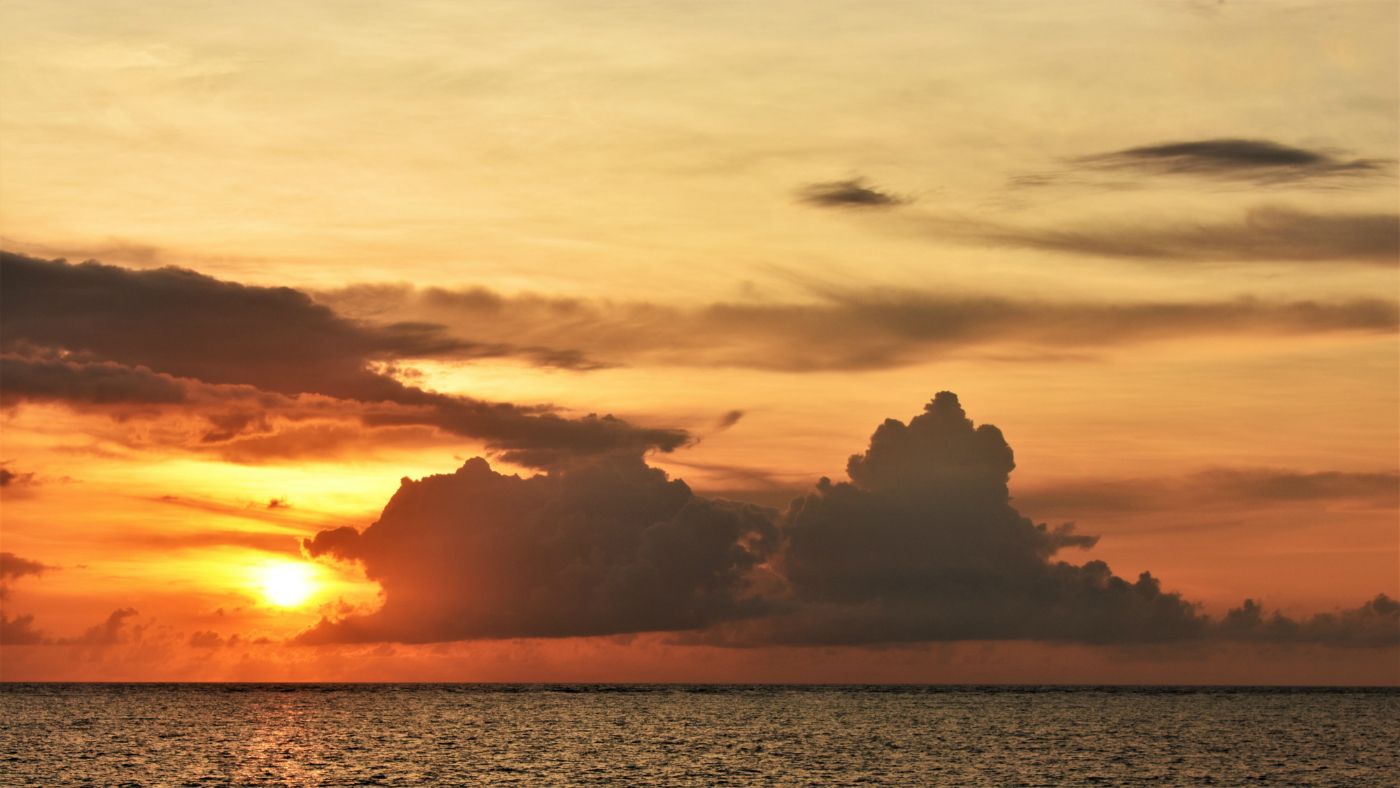
First up, the controlled chaos of Stone Town, the oldest district in the archipelago’s de facto capital and largest town, Zanzibar City. Having been ripped from the clasps of one foreign occupier into another over the centuries, this peculiar yet exquisitely ornate town has fleshed out an identity more attentively defined by its history than perhaps any other town on the continent.
Above the maze of sidestreets, awash with Swahili food stalls and antique shops selling East African trinkets and fabrics, the skyline is dominated by Omani-era forts and punctuated by the occasional minaret atop one of the town’s extraordinary wealth of mosques. The influence of the British - and the Portuguese before them - can also be keenly felt, with grand cathedrals and colonial townhouses crowbarred in among the swirl of Arab-inspired arches and doorways that define the centre of the city.
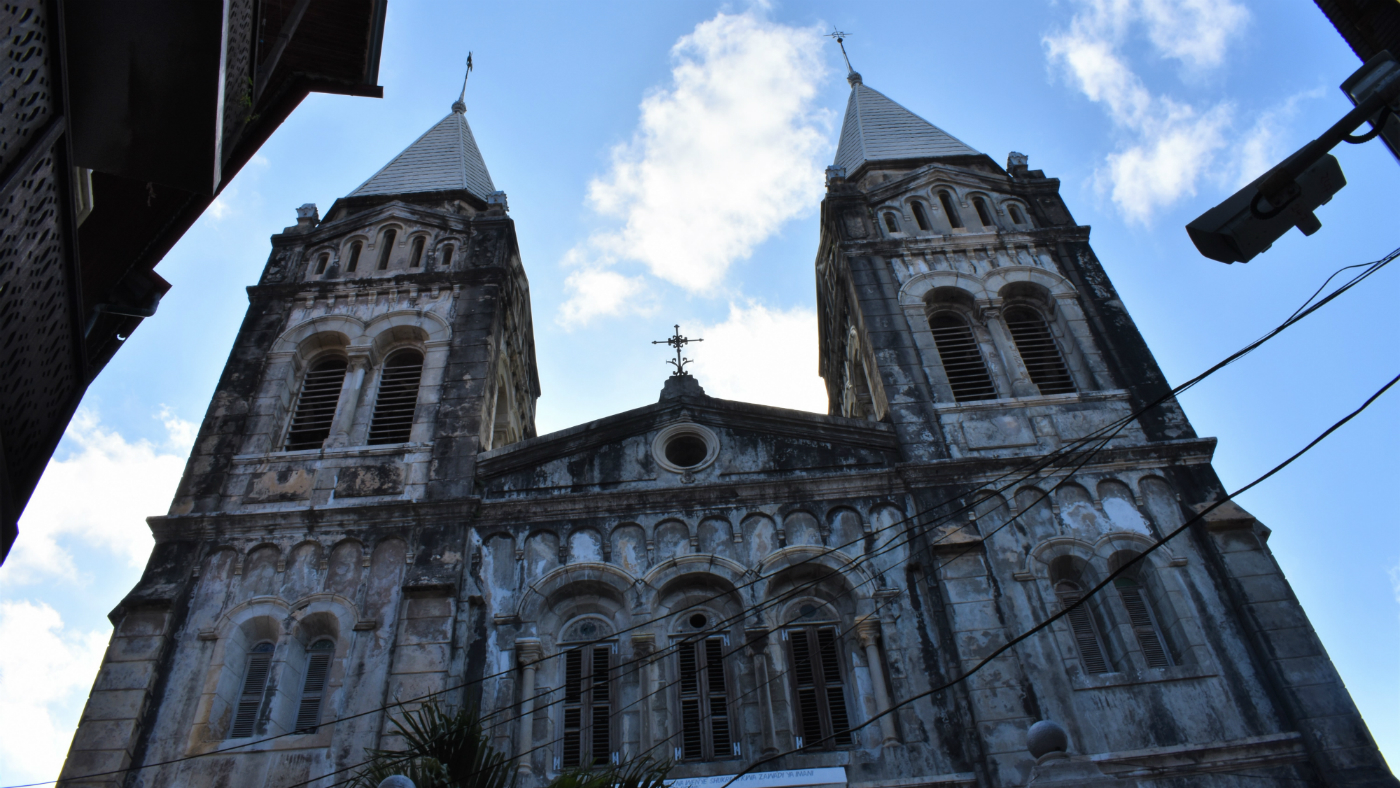
We strolled through narrow alleyways echoing with a mix of Arabic and Swahili, before taking in a sobering history lesson at the city’s Old Slave Market. Now a rather harrowing museum, the site details the full scope of the archipelago’s extensive and brutal relationship with slavery in the 19th century, when tens of thousands of Africans passed through Stone Town and into the Arab slave trade.
After briefly stopping off at the birthplace of Farrokh Bulsara - more commonly known as Freddie Mercury, Zanzibar’s most famous son - the day ended on a high at Africa House Hotel, whose rooftop bar offers a spectacular view of the sunset.
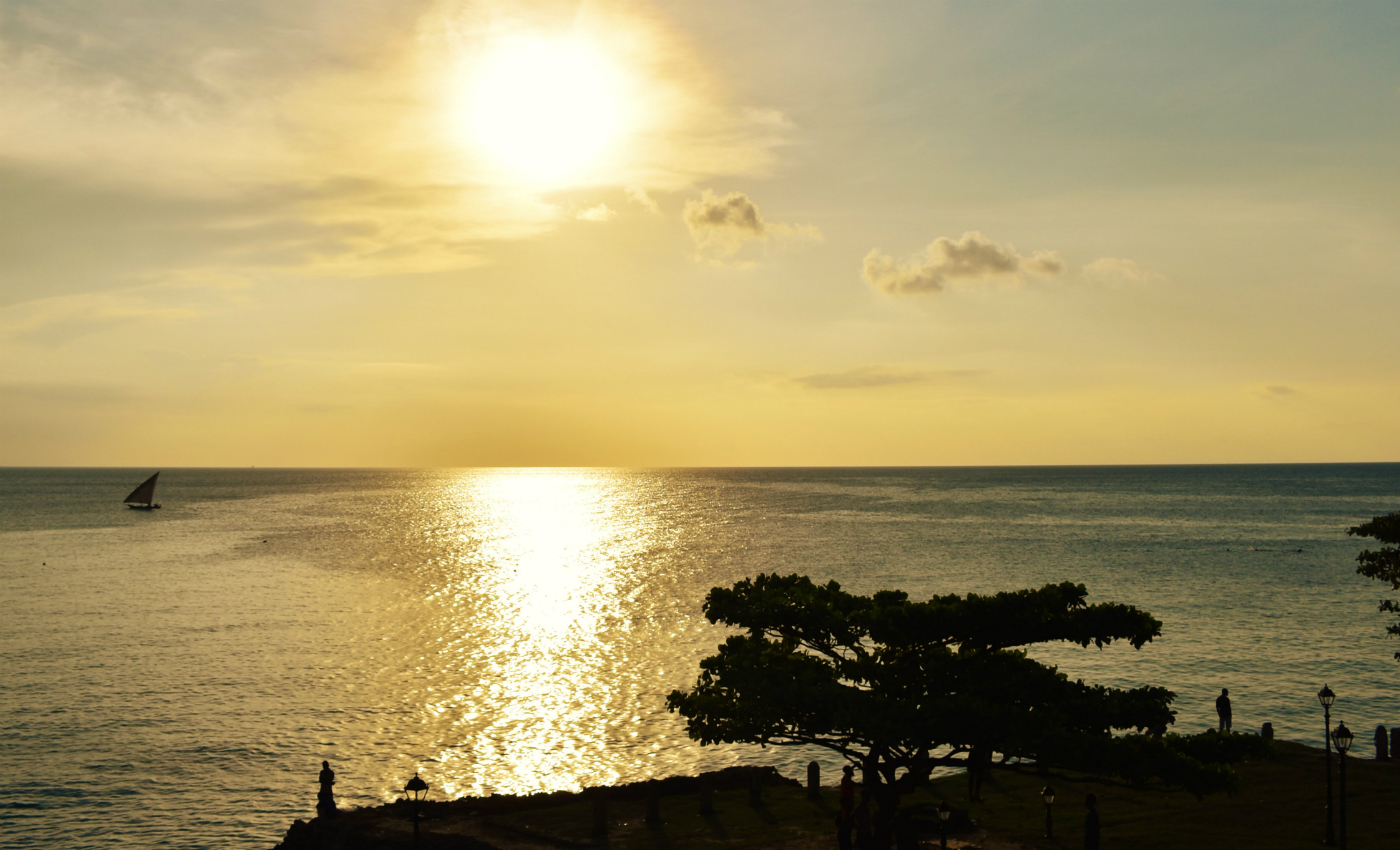
One excursion had us ducking under Zanzibar Red Colobus Monkeys as they leapt across the treetops just feet above our head, while another involved a trek through exotic spice farms, plucking raw cloves and coffee beans off the bushes along the way.
Before setting foot on this island, I had been overly-confident of cracking the puzzle of Zanzibar, sure I would soon be able to tell friends and family back home what this archipelago was all about. But by the time I was taking off from airport, I had come to realise that I was none the wiser about the nature of this beguiling and thoroughly beautiful island, distinguished by a fascinating history as much as its picture-perfect beach resorts.
This is the kind of holiday destination that one can’t simply recommend but instead insist upon; as any holidaymakers to Zanzibar will tell you - you really have to be there.
-
 Political cartoons for February 16
Political cartoons for February 16Cartoons Monday’s political cartoons include President's Day, a valentine from the Epstein files, and more
-
 Regent Hong Kong: a tranquil haven with a prime waterfront spot
Regent Hong Kong: a tranquil haven with a prime waterfront spotThe Week Recommends The trendy hotel recently underwent an extensive two-year revamp
-
 The problem with diagnosing profound autism
The problem with diagnosing profound autismThe Explainer Experts are reconsidering the idea of autism as a spectrum, which could impact diagnoses and policy making for the condition
-
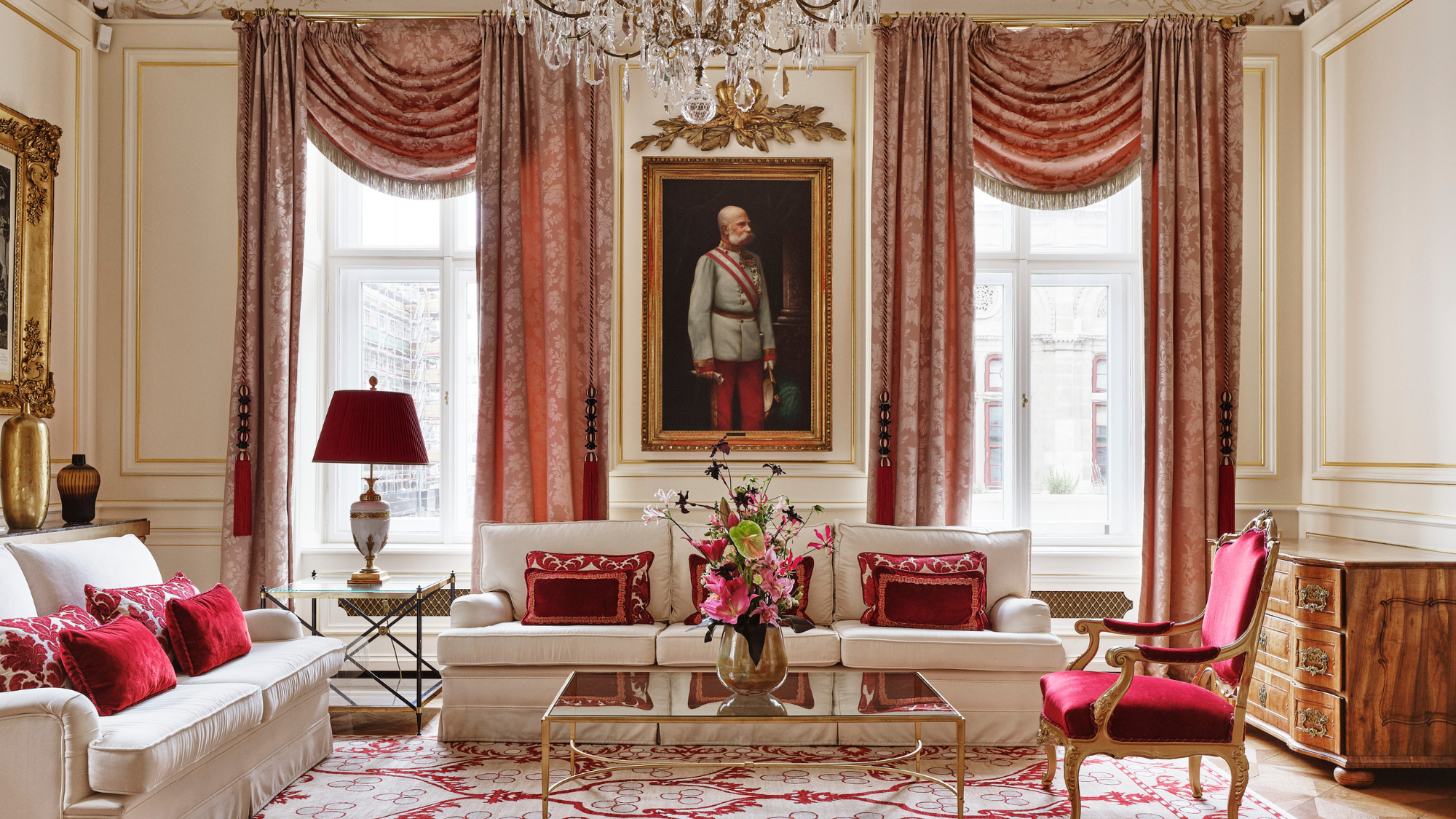 Hotel Sacher Wien: Vienna’s grandest hotel is fit for royalty
Hotel Sacher Wien: Vienna’s grandest hotel is fit for royaltyThe Week Recommends The five-star birthplace of the famous Sachertorte chocolate cake is celebrating its 150th anniversary
-
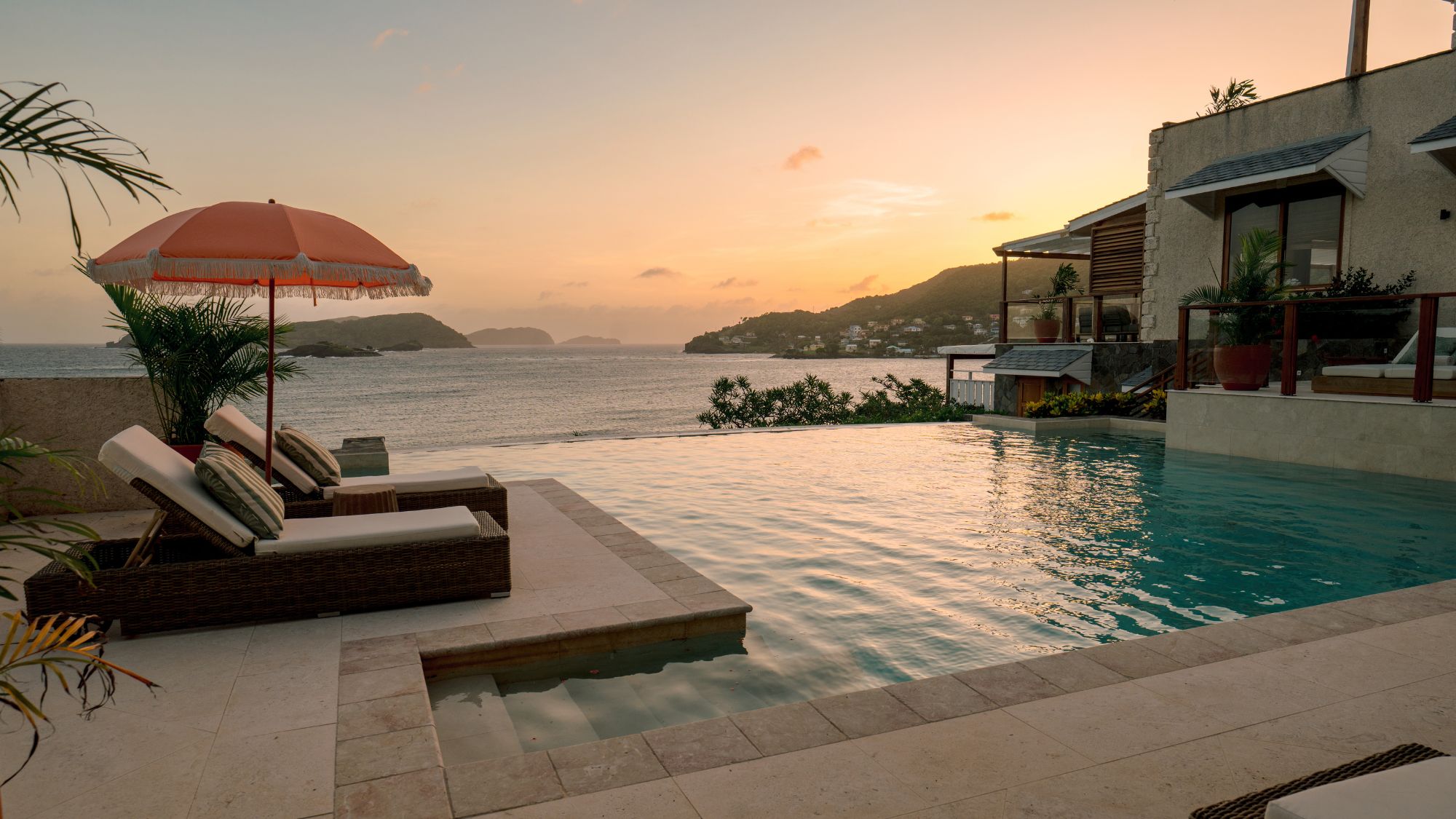 Rock Villa, Bequia: a hidden villa on an island epitomising Caribbean bliss
Rock Villa, Bequia: a hidden villa on an island epitomising Caribbean blissThe Week Recommends This gorgeous property is the perfect setting to do absolutely nothing – and that’s the best part
-
 Villa Treville Positano: a glamorous sanctuary on the Amalfi Coast
Villa Treville Positano: a glamorous sanctuary on the Amalfi CoastThe Week Recommends Franco Zeffirelli’s former private estate is now one of Italy’s most exclusive hotels
-
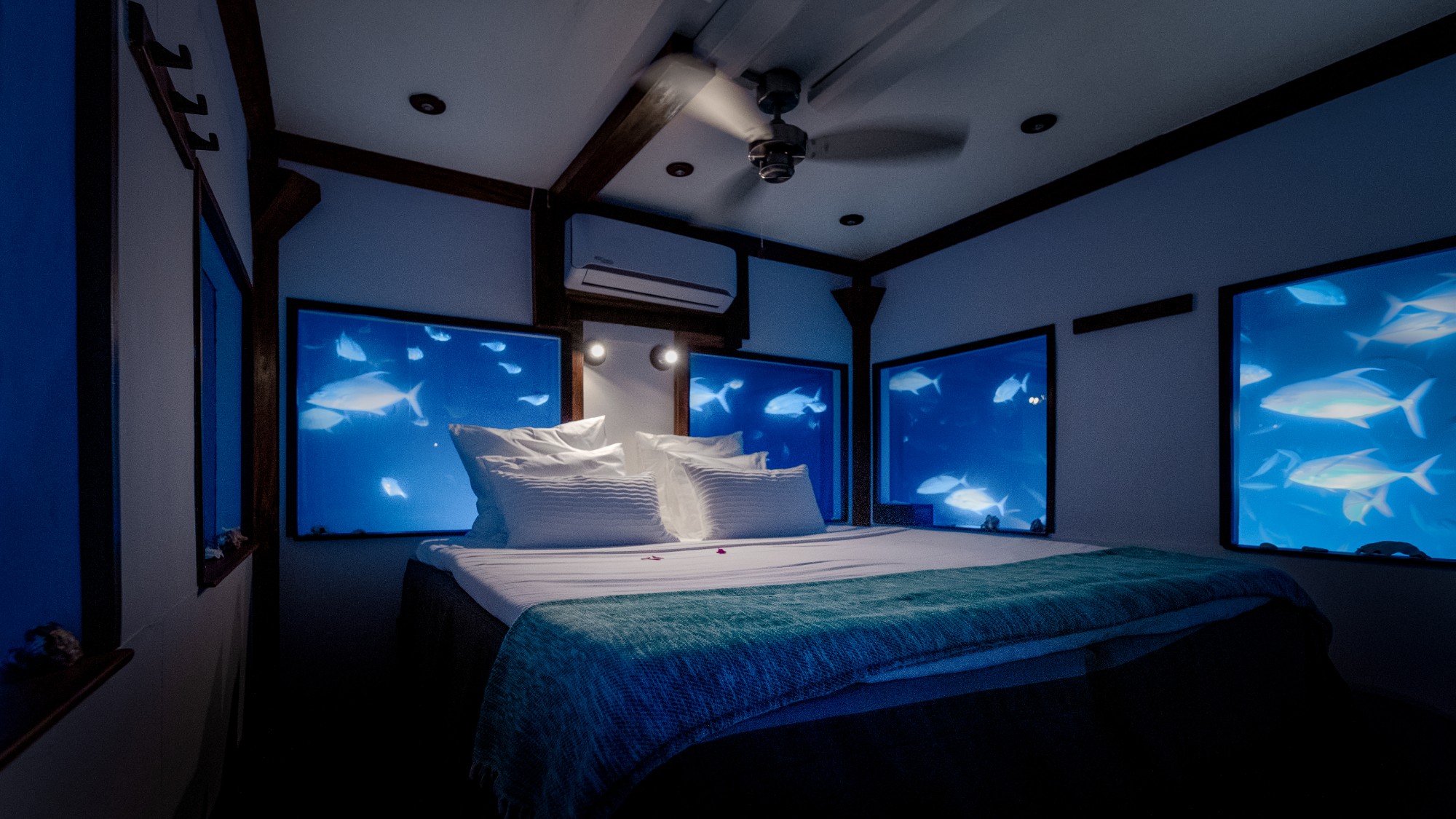 Dive right into these 8 underwater adventures
Dive right into these 8 underwater adventuresThe Week Recommends It’s time to make a splash
-
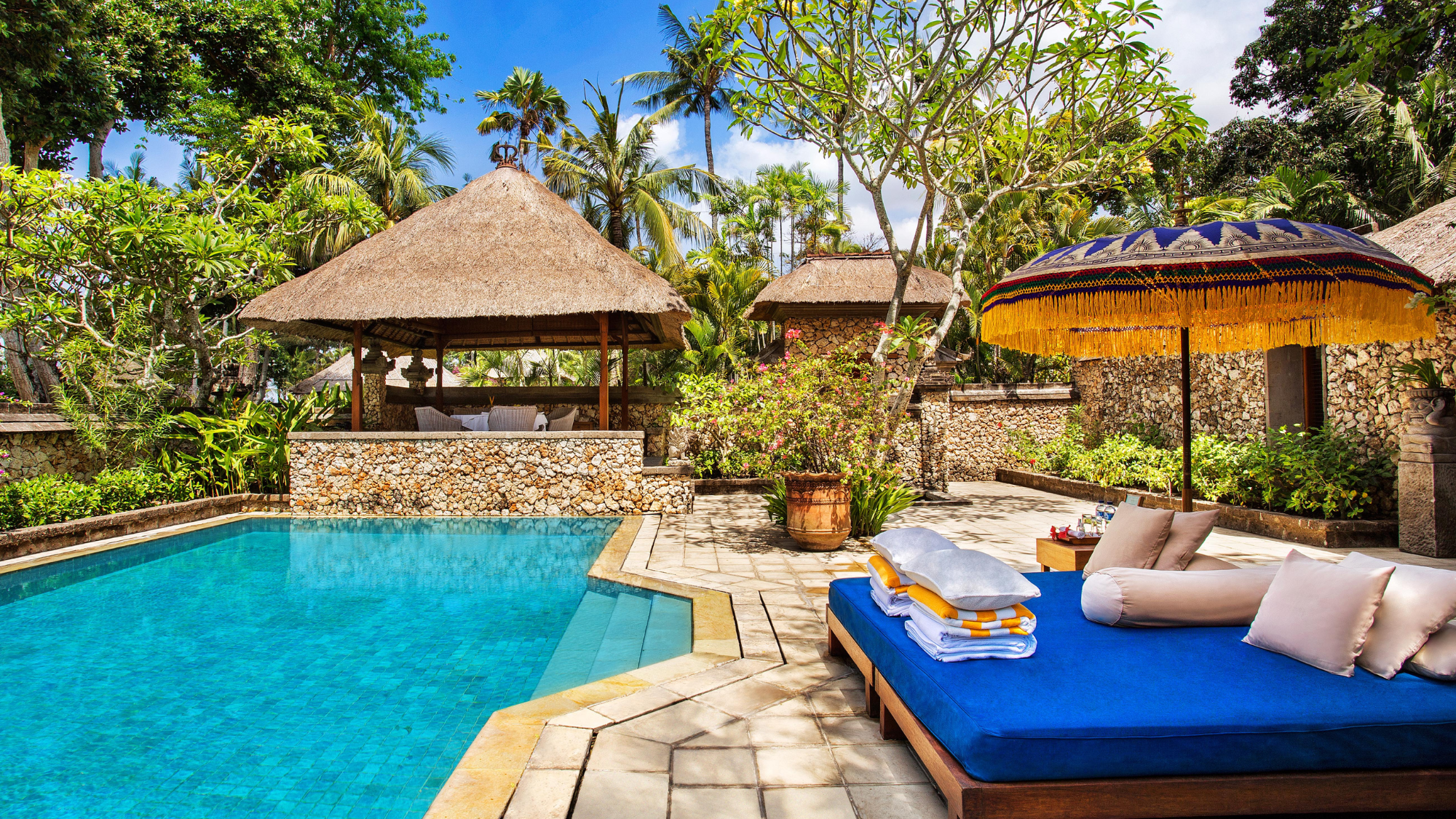 The Oberoi Beach Resort, Bali: a calm retreat in the heart of Seminyak
The Oberoi Beach Resort, Bali: a calm retreat in the heart of SeminyakThe Week Recommends Tradition meets modernity at this serene beachfront resort
-
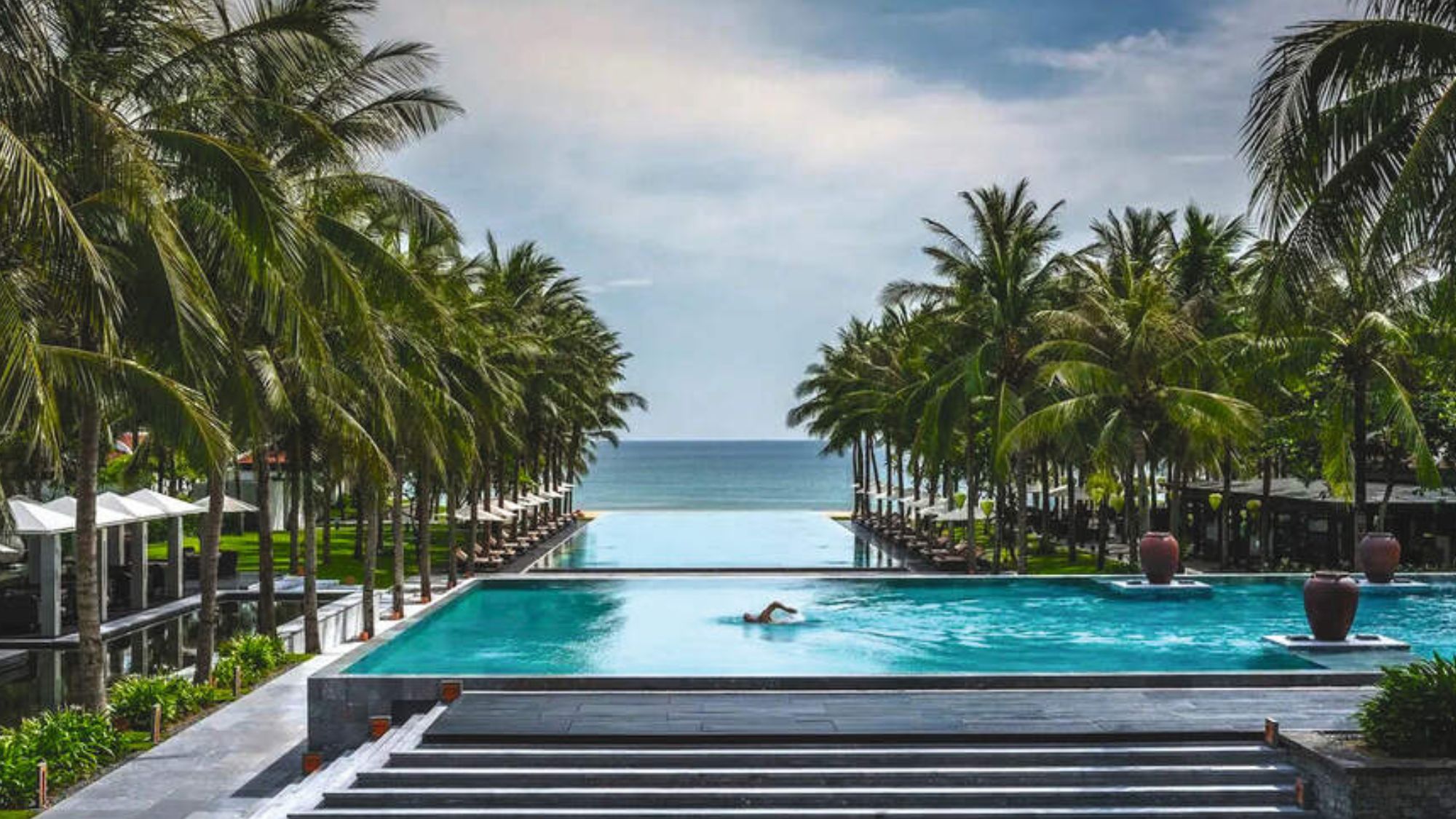 Six sensational hotels to discover in 2026
Six sensational hotels to discover in 2026The Week Recommends From a rainforest lodge to a fashionable address in Manhattan – here are six hotels that travel journalists recommend for this year
-
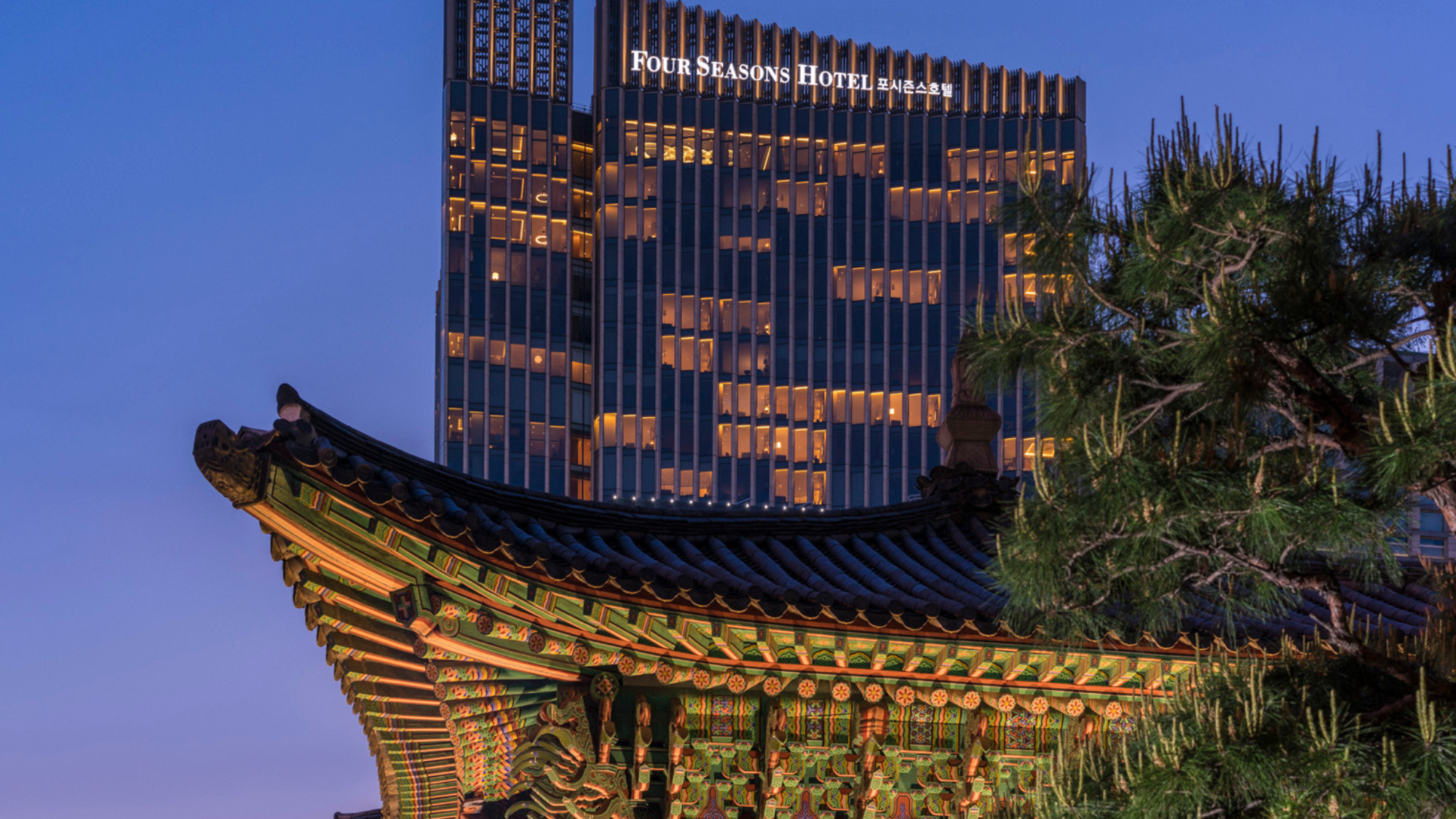 Four Seasons Seoul: a fascinating blend of old and new in South Korea
Four Seasons Seoul: a fascinating blend of old and new in South KoreaThe Week Recommends Located right in the heart of the action, this classy hotel is the perfect base to explore the capital
-
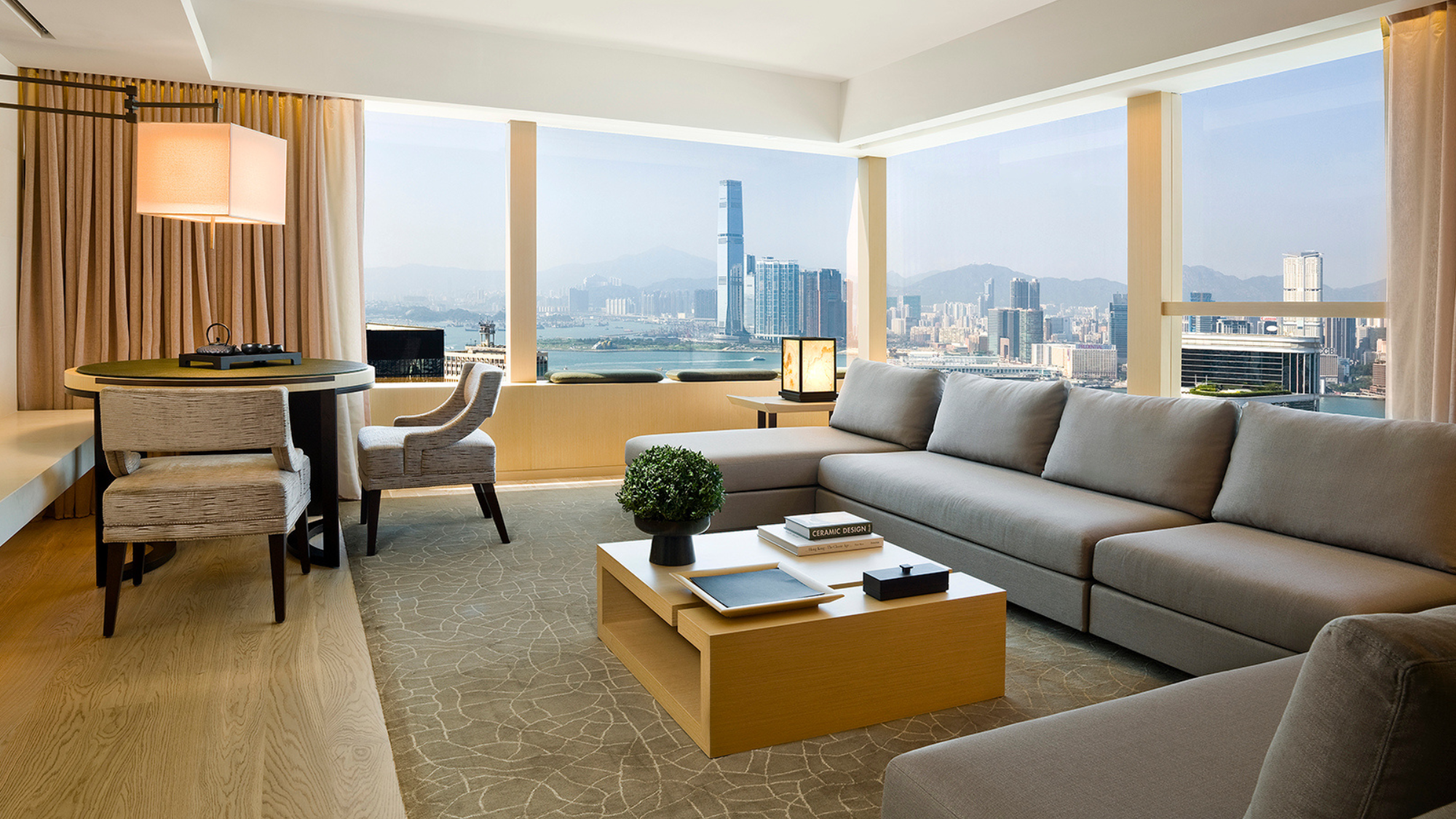 Upper House Hong Kong: a serene sanctuary in the bustle of the city
Upper House Hong Kong: a serene sanctuary in the bustle of the cityThe Week Recommends Panoramic harbour views and super-stylish interiors elevate this luxury hotel to another level